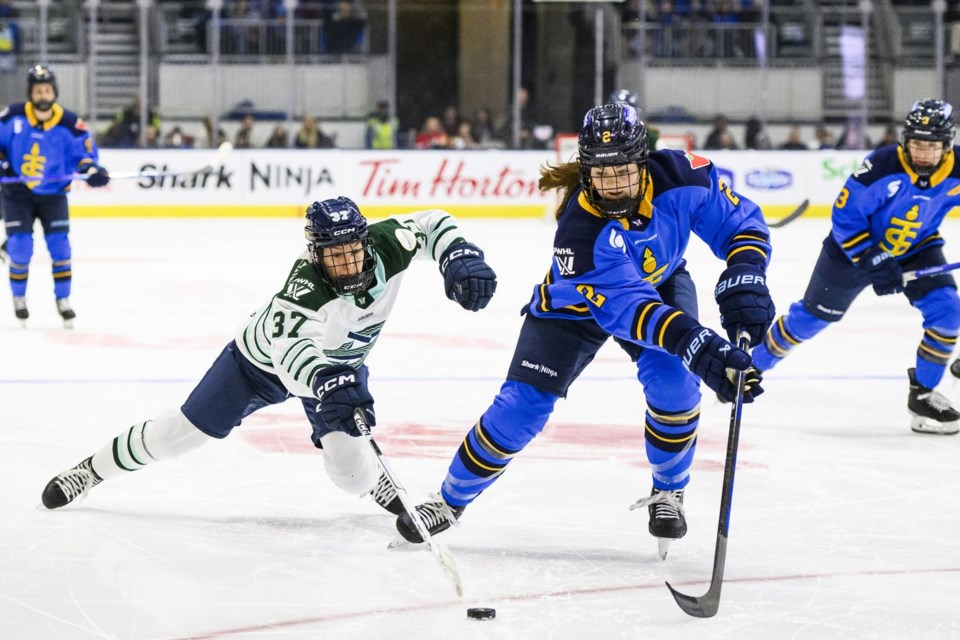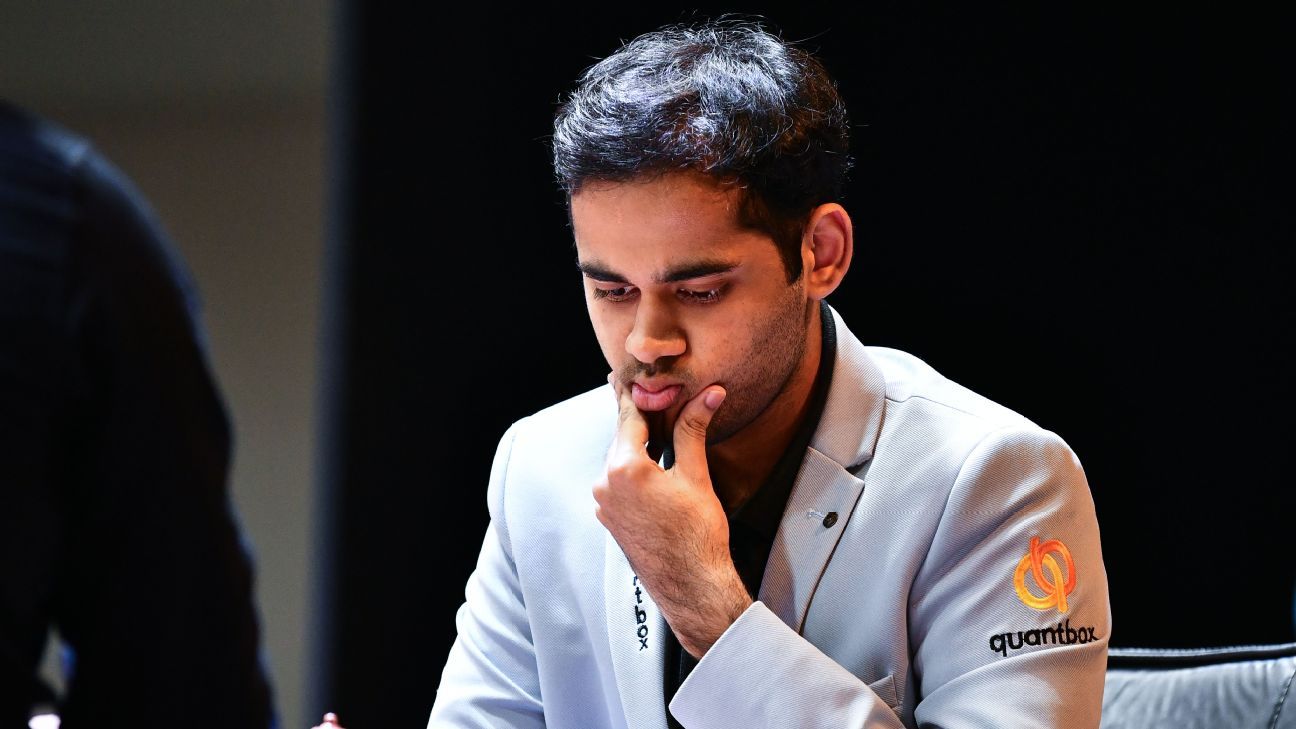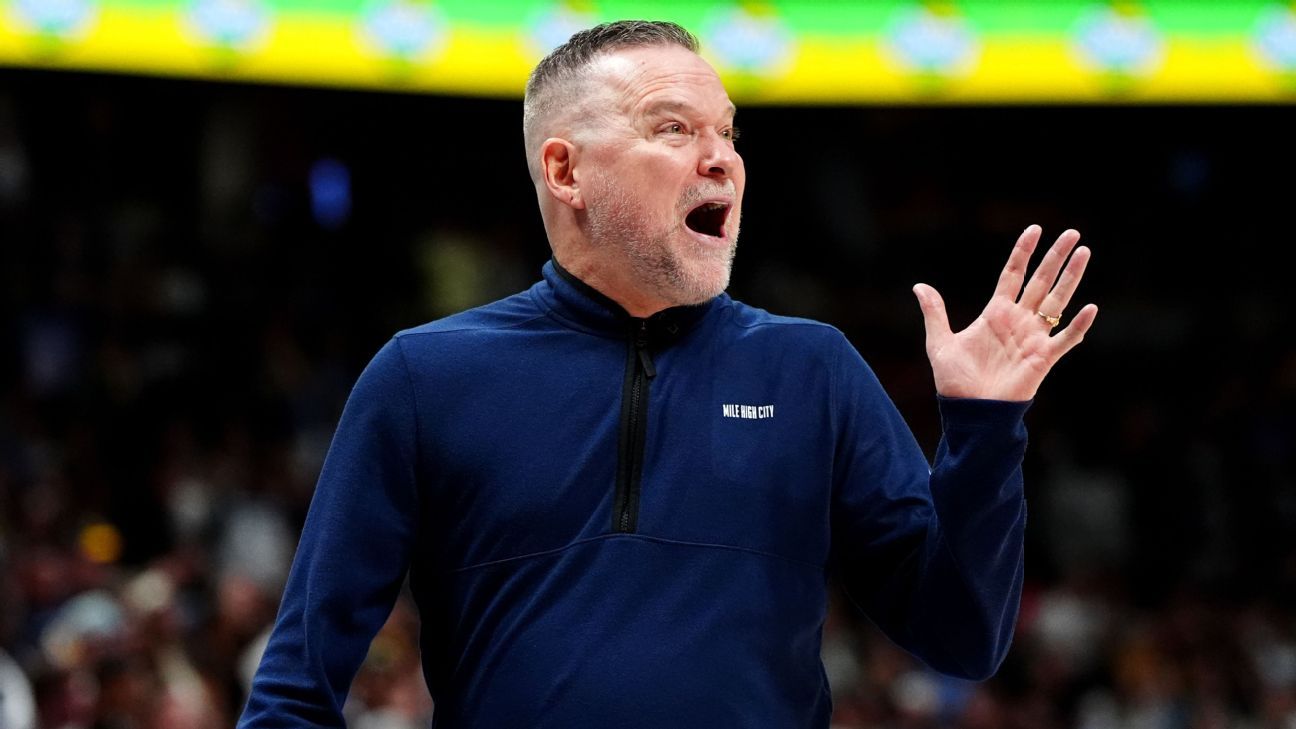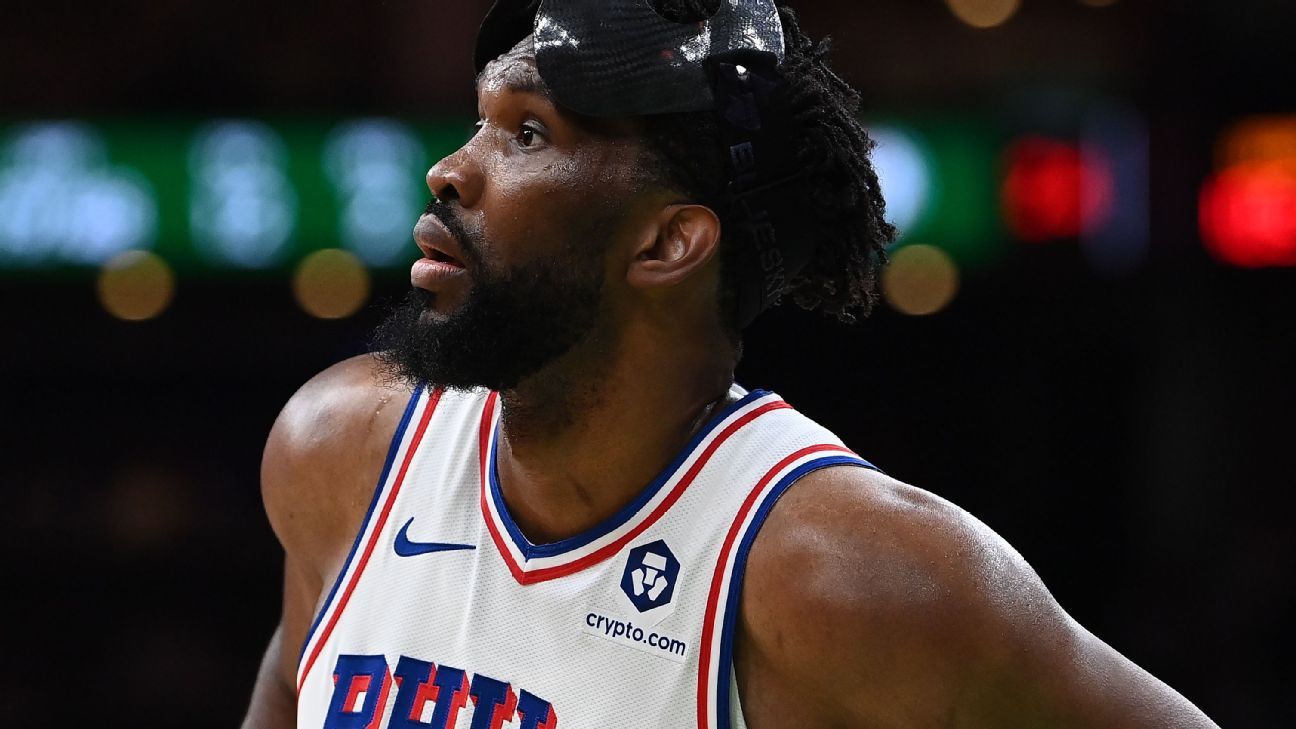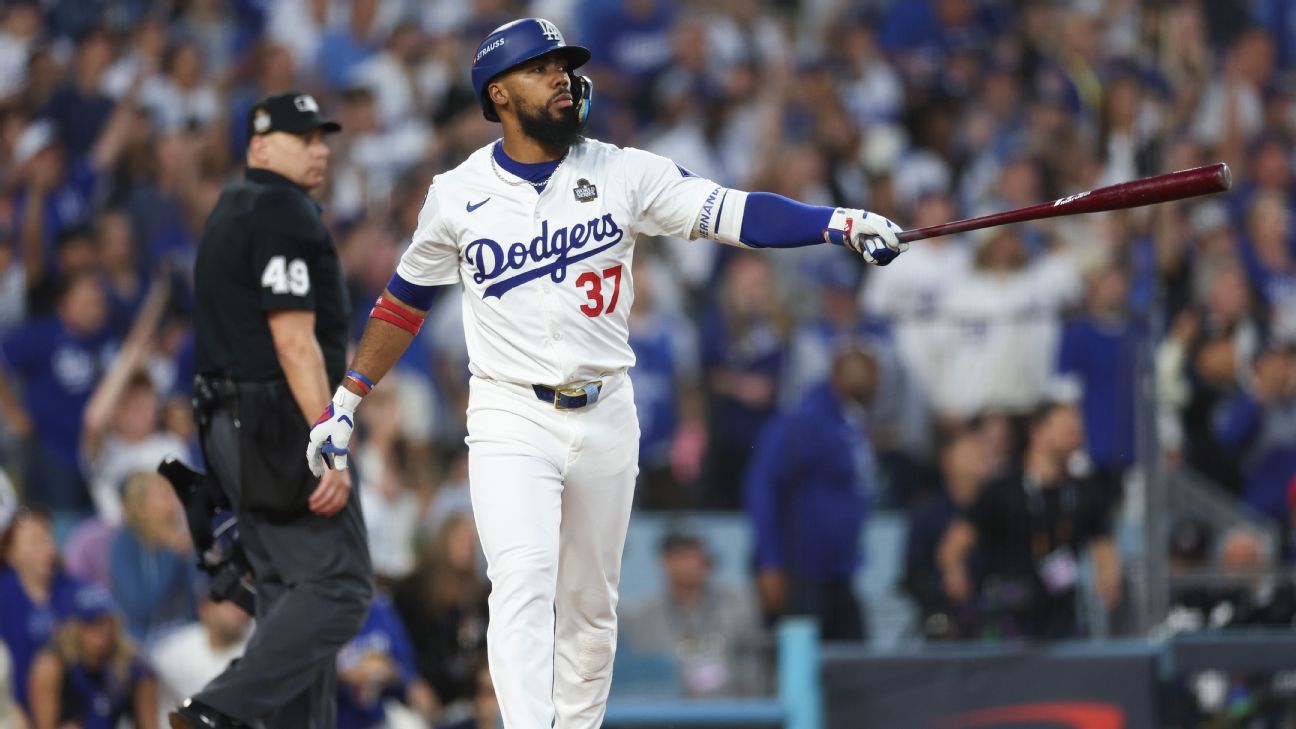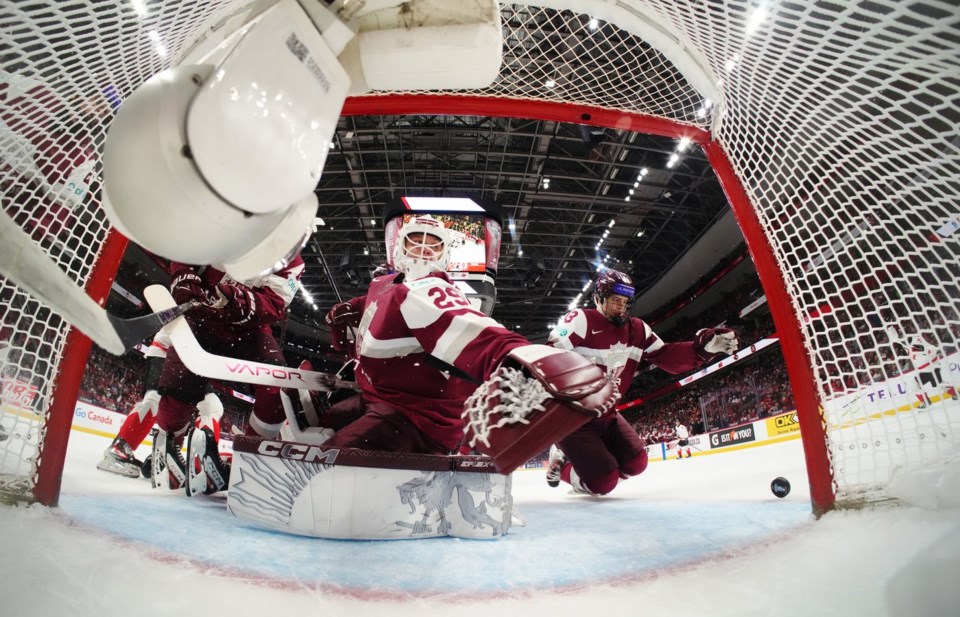
COLUMBIA, Mo. — Get ready for some old-school, run-first football. When Missouri (9-3, 5-3 Southeastern Conference) faces the Big Ten’s Iowa Hawkeyes (8-4, 6-3) in Monday’s Music City Bowl, it’ll be going up against a team centered around playing stout defense and emphasizing the run.
And what else would a matchup with a Big Ten program be good for? Iowa is led by longtime coach Kirk Ferentz, as it has been for each of the last 26 seasons. He has amassed a 204-123 record with the Hawkeyes, repeatedly building solid rosters. MU coach Eli Drinkwitz called Ferentz the “model of consistency and development.

” The Iowa coach “does an excellent job with player identification and development,” Drinkwitz said. Phil Parker, the Hawkeyes’ defensive coordinator, has been with the program since 1999 — “that’s older than most of our team,” Drinkwitz joked — and in his role for well over a decade. Tim Lester, Iowa’s offensive coordinator, is in his first season after stints as Western Michigan’s head coach and an analyst with the Green Bay Packers.
Iowa will be missing a few key contributors in the bowl game. Quarterback Cade McNamara, running back Kaleb Johnson and cornerback Jermari Harris are among the more well-known Hawkeyes who won’t be in action. McNamara, who started his career at Michigan before transferring to Iowa ahead of the 2023 season, was the Hawkeyes’ starter before a concussion in his last game of the year, on Oct.
26. He’s back in the transfer portal now. Without him, two other quarterbacks have appeared for Iowa.
Brendan Sullivan, a Northwestern transfer, is the projected starter for Monday’s bowl game. He completed 24 of 35 passes this season, racking up 344 yards, two touchdowns and two interceptions. He has also picked up 144 yards and four scores on the ground.
But Sullivan missed time with a high ankle sprain, prompting the Hawkeyes to turn to walk-on Jackson Stratton down the stretch. Sullivan seems to be healthy and in line to return to action. His rushing ability complements Iowa’s overall emphasis on the run — more on that in a moment — though he does seem to be rather turnover-prone.
Sullivan’s two interceptions came during his last outing, a Nov. 8 loss to UCLA that put two of his nine passes into the hands of the other team. Jacob Gill, Iowa’s leading receiver, has only 32 catches and 382 receiving yards this season.
Just six Hawkeyes have recorded 100 or more receiving yards in 2024. That sets up for Iowa’s national standing in overall passing offense: 130th out of 134 Football Bowl Subdivision teams. In rushing, however, Iowa sits 21st in the country.
Johnson was a big part of why this season. He posted 1,537 rushing yards and 21 rushing touchdowns, both of which led the Big Ten. Johnson has already declared for the NFL Draft, though, and expectedly sees more to be lost than gained in the Music City Bowl, so he won’t be playing.
Without their workhorse tailback, the Hawkeyes will likely turn to a tandem of at least two running backs. Kamari Moulton earned a fair share of work as Iowa’s No. 2, taking 70 carries for 377 yards and two touchdowns.
Jaziun Patterson got 54 attempts and two scores in the third spot. Moulton’s style seems to be more speed based while Patterson is more of a bruiser — one bowl game takeaway from the Iowa end of things will be how their styles complement each other. The running game will also benefit from a steady offensive line.
“I’d probably, in my opinion, say that’s the most disciplined O-line that we’ll go up against this year,” Mizzou defensive tackle Kristian Williams said. “They play in unison: tight hands, low pad level.” Perhaps the Hawkeyes’ best player who is actually lined up to play in the bowl game will be linebacker Jay Higgins, a unanimous All-American this season.
He made 118 tackles, three for loss, a sack, four interceptions and forced two fumbles — the kind of statistical production that makes for a tremendous anchor to any defense. Quinn Shulte, a defensive back, was tied for second on the team with three interceptions. Ethan Hurkett, Aaron Graves and Max Llewellyn were all productive pass rushers, with 6.
5, 6 and 5.5 sacks, respectively. “Super sound defense — they don’t mess up a lot,” Missouri wideout Theo Wease Jr.
said. “There’s a lot of experience on their defense — a lot of guys that’s been in the system, know the system really well. It’s just high effort, high energy guys, so it’ll be a good test for us.
” On special teams, Iowa produced one punt return touchdown through return man Kaden Wetjen. Kicker Drew Stevens was perfect on his 37 extra points and made 19 of 22 field goals. Punter Rhys Dakin — stereotypically an important job at Iowa — averaged 44.
2 yards per punt. As a team, the Hawkeyes are remarkably disciplined: Across all phases of the game, they were called for the fewest penalties of any team in the nation. “Going into Iowa, man, it’s a great team,” Williams said.
“Physical team, Big Ten team. You can’t underestimate no guys like that.”.









